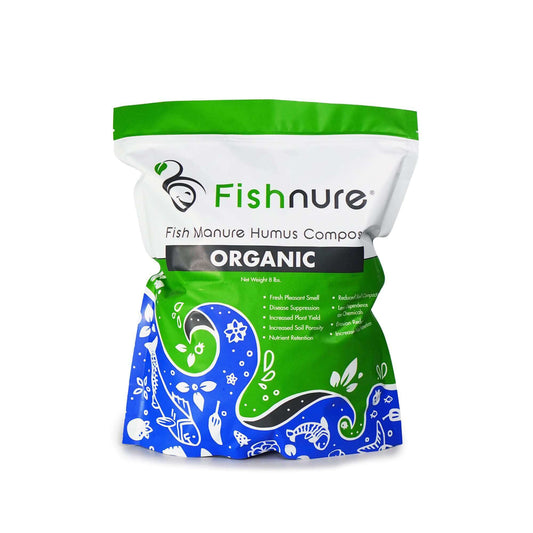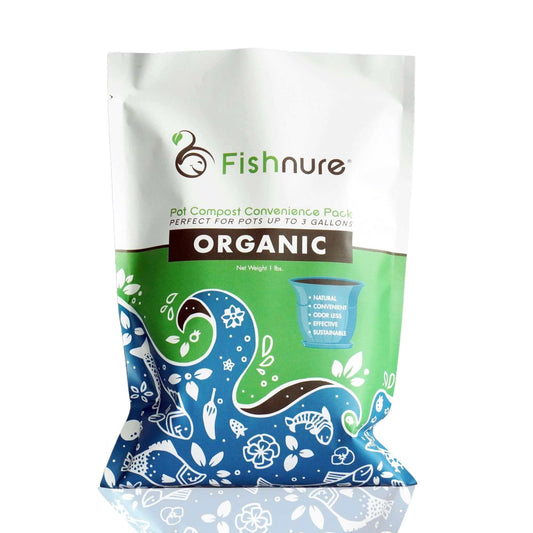
We need natural plant fertilization because it is sustainable. We have not been concerned with sustainability, until recently. The burning of fossil fuels has created a severe environmental crisis by dumping billions of tons of carbon dioxide into the atmosphere. We now realize that fossil fuels as a source of energy must stop. Our nest has become fouled.
There are other practices in which we are engaged that are not sustainable but haven’t reached a state where they must be stopped. Some good examples are the practices in conventional farming. The use of chemical fertilizers, herbicides and pesticides increasingly pollute our rivers and oceans. The dilemma is that farming provides us with food. Even in the US, where food is plentiful, there are many people who go hungry.

Food must be affordable - but what happens when the system of growing food breaks down? These practices are used because they produce the yields and profits that farmers need but at some point the environmental damage will be so great that these practices must stop. It will take time to adapt to more sustainable practices.
There is evidence that farmers are becoming aware of the sustainability problem and progress is being made in the use of no-till farming, natural fertilizers, and cover crops to add organic matter to the soil. It has been natural plant fertilization that has allowed plants and all life to survive for millions of years. Food to maintain that life has also been created for millions of years so the practices to produce food must have been sustainable as well.

An organic fertilizer doesn’t mean that it is a natural fertilizer. A fertilizer can be from an organic source but it is not necessarily natural. A natural fertilization process involves the decomposition of dead organic cells. Decomposing is necessary in order for the chemical elements in the dead cells to be used again in new living cells. When an organic cell decomposes, most of it will become carbon dioxide and a small amount of nitrides. Microbes control the decomposition. The microbes also provide the nutrients needed by the plants that are derived from the decomposing cells. In this process there are no excess nutrients to pollute the rivers and oceans. The process can go on forever. The new cells will be made of the components from the dead cells.

Fishnure is an example of the original plant fertilization process that existed in the oceans where the decomposing manure from fish provided the natural fertilizer for the plants that lived in the water. Instead of decomposing the fish manure in water, the fish manure is removed from the water and composted with a carbon source such as oat or wheat straw and a special clay. The clay provides mineral particles to which the carbon chains bind to form humus. The resulting humus compost is Fishnure, a solid substance that can be applied to the soil or to water to provide natural sustainable plant fertilization.
Fishnure could very well be the next best solution to a more sustainable farming and gardening practice. Let's work together to care for this planet, for our grandchildren to be able to inherit it and continue to care for it.



